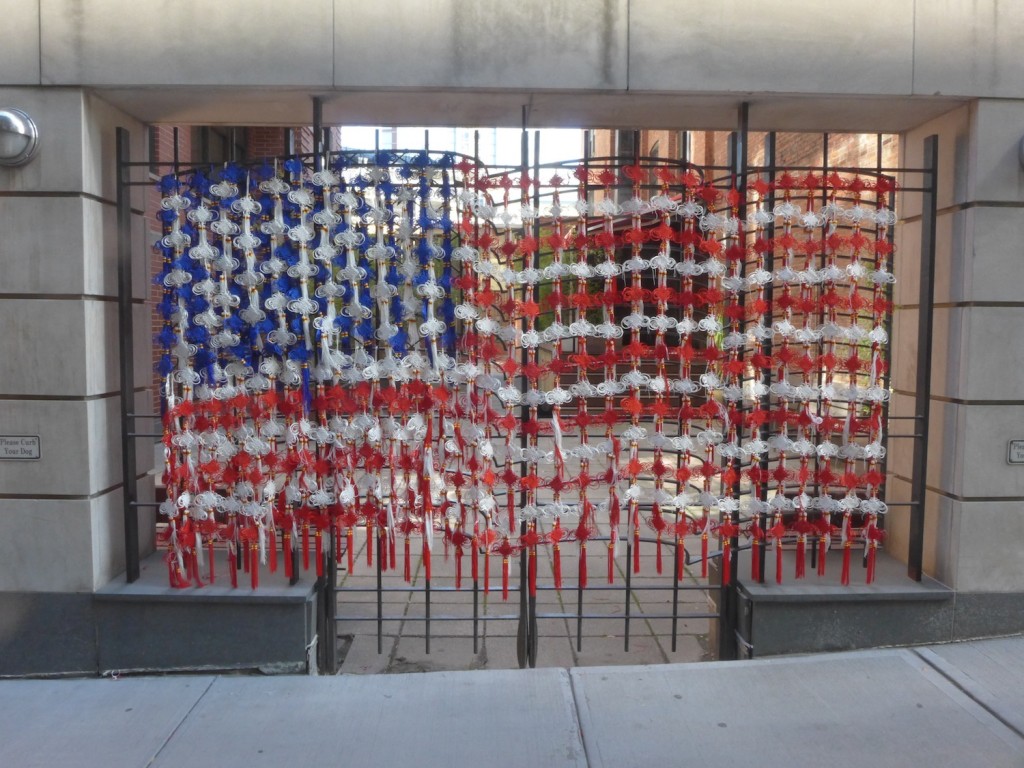 Dear General Keith Alexander (Director of NSA),
Dear General Keith Alexander (Director of NSA),
Dear James Clapper (National Director of Intelligence),
Dear Sir Lain Lobban (Director of GCHQ),
being a British subject, a permanent resident of the Federal Republic of Germany and a frequent visitor to the United States of America I have a strong interest in the relationships between these three nations, also a strong preference that they co-operate on the basis of their constitutions (which have the same fundamental principals). It seem to me that your activities have resulted in the relationships between Germany and both the UK and the USA being thrown into their worst crisis during my lifetime. You will no doubt blame Edward Snowden for this, but he simply happened to be faster and more daring than those of his colleagues who feel the same way as he does, by which I mean that all of this was bound to come out sooner or later. If you believed you could permanently keep the lid on this, then you are yet more naive then I imagined you to be, or is the more appropriate word actually “stupid”?
You all maintain that you have operated within the law, but it was very plain from the statements you made, respectively, to the House Intelligence Committee in Washington DC and to the House of Commons in London, that what you meant was you claim to have operated within the law in your own countries. This doesn’t, however, mean that you operated within the laws of the other countries in which you were active, for example, the Federal Republic of Germany. Please don’t think that I’m working up some kind of legal challenge to your activities there, or anywhere else. You may remember that in Part 1 of this series of reports I INVITED YOU all to read and listen into my private correspondence and other communications, and guaranteed you immunity from prosecution for doing so. You have nothing to fear from me! However, as far as I’m aware I’m the only resident of Germany who so far did took that extraordinary step. I certainly don’t remember the German Chancellor Angela Merkel doing so! I’m not a lawyer, so I can only do this in a rather simply, but I think it’s worth considering the legal implications in the Federal Republic of Germany.
Let’s begin with the German constitution which has been in effect since May 23rd 1949, having been approved by the Governments of the UK and USA about two weeks before that date. Let me quote from the official translation of what German calls its Grundgesetz, or Basic Law. Article 10, Paragraph (1) of the Basic Law states: The privacy of correspondence, posts and telecommunications shall be inviolable. Article 13, Paragraph (1) further states: The home is inviolable. Searches of German homes, and of the electronic devices in them, require the authorization of a judge and even in cases of urgency when, for example, national security is at stake they must be carried out in the manner which German law prescribes. You have clearly violated these parts of the Basic Law of Germany in the case of Angela Merkel, and no doubt many others, and I would suggest that your activities also breach Article 1, Paragraph (1), which states: Human dignity shall be inviolate. And that’s a very serious matter, because those words were not written lightly by the judges who formulated Germany’s Basic Law. They did so with the goal of preventing any possibility of the terrible crimes of the Nazi regime during the years 1993-1945, the greatest of which was the Shoah or Holocaust, ever being repeated. How could you do that and continue to believe that you’re the good guys?
As far as I am aware, neither you nor nobody in the UK or US governments has acknowledged these things, much less made an apology. Legally that wouldn’t get you off the hook, although it would certainly make your positions look better, because Article 3, Paragraph (1) of the Basic Law of Germany states: All persons shall be equal before the law. That means the State Prosecutors will file cases against you, should sufficient evidence by found to justify this, just as they would against any German citizen or against people like me who are merely residents. Should expect to be exempt from this, then you ask of the German Judiciary that they compromise on one of the most fundamental points of your own constitutions. And if you want the German Government to intervene with the Judiciary to prevent cases being brought against you for felonies committed in the Federal Republic of Germany, then you are asking for a compromise on another principal of your own constitutions: the separation of executive and judiciary. Are you really expecting them to do any of that for you? Also, why should they want to do that for you when you treated them like enemies?
In case, you think you can wiggle out of this by claiming that, for some obscure reasons, German law doesn’t apply to your operations I refer you to the International Covenant on Civil and Political Rights of the United Nations, which both your governments have ratified. Article 17, Paragraph (2) states: No one shall be subjected to arbitrary or unlawful interference with his privacy, family, home or correspondence… For GCHQ the European Convention on Human Rights is also relevant, in which instance Article 8, Paragraph (1) applies: Everyone has the right to respect for his private and family life, his home and correspondence. Or do they now belong in the dustbin of history?
PS The recent revelations have helped explain something I couldn’t make proper sense of at the time. Several years ago I was invited to a tasting of Californian wines at the US Embassy in Berlin and during that visit we were taken up to the round, glazed Quadriga Room at the top of the building, so called because of the wonderful view from there of the Quadriga statue on top of the Brandenberg Gate – there’s also a wonderful view of the Chancellor’s Office. The then Ambassador Dan Coats came out to speak to us, then when he returned to his office I saw him disappear behind a metal door. I asked one of the embassy staff what that was and he said to me deadpan, “the secure information has been secured within the security container.” At the time it was funny. Of course, we all now know what some of that secure information was, and that some of the equipment used to gather it was also behind that door. The problem with all of this is that it is shutting other doors, and that will be the subject of Part 4. Watch this space!
![120114_riesling_global_RZ [1600x1200]](http://www.stuartpigott.de/wp-content/uploads/2013/11/120114_riesling_global_RZ-1600x12005.jpg)
 First the Good News: Why do I always give Bordeaux another chance, although so many of my favorite wines have gone so far up the price scale that they’re no longer even visible? Is it that the first red wine that lit my fire was 1981 Château Cheval Blanc from St.-Émilion? Or is it the memory of so many wonderful bottles over the years, that is until people started treating red Bordeaux as something to be traded like any other commodity, then it descended even further with commodity traders inflating price bubbles to gain even more outrageous profits than the producers of the high-end Grand Cru Classé and comparable wines. Those profit margins put these wines in the same league as designer hand bags (which typically sell for 1,000% – 1,250% of the production costs), and mean that these “wine products” have almost nothing whatsoever to with the wines that people buy to drink any more. I have a serious problem with that situation.
First the Good News: Why do I always give Bordeaux another chance, although so many of my favorite wines have gone so far up the price scale that they’re no longer even visible? Is it that the first red wine that lit my fire was 1981 Château Cheval Blanc from St.-Émilion? Or is it the memory of so many wonderful bottles over the years, that is until people started treating red Bordeaux as something to be traded like any other commodity, then it descended even further with commodity traders inflating price bubbles to gain even more outrageous profits than the producers of the high-end Grand Cru Classé and comparable wines. Those profit margins put these wines in the same league as designer hand bags (which typically sell for 1,000% – 1,250% of the production costs), and mean that these “wine products” have almost nothing whatsoever to with the wines that people buy to drink any more. I have a serious problem with that situation.
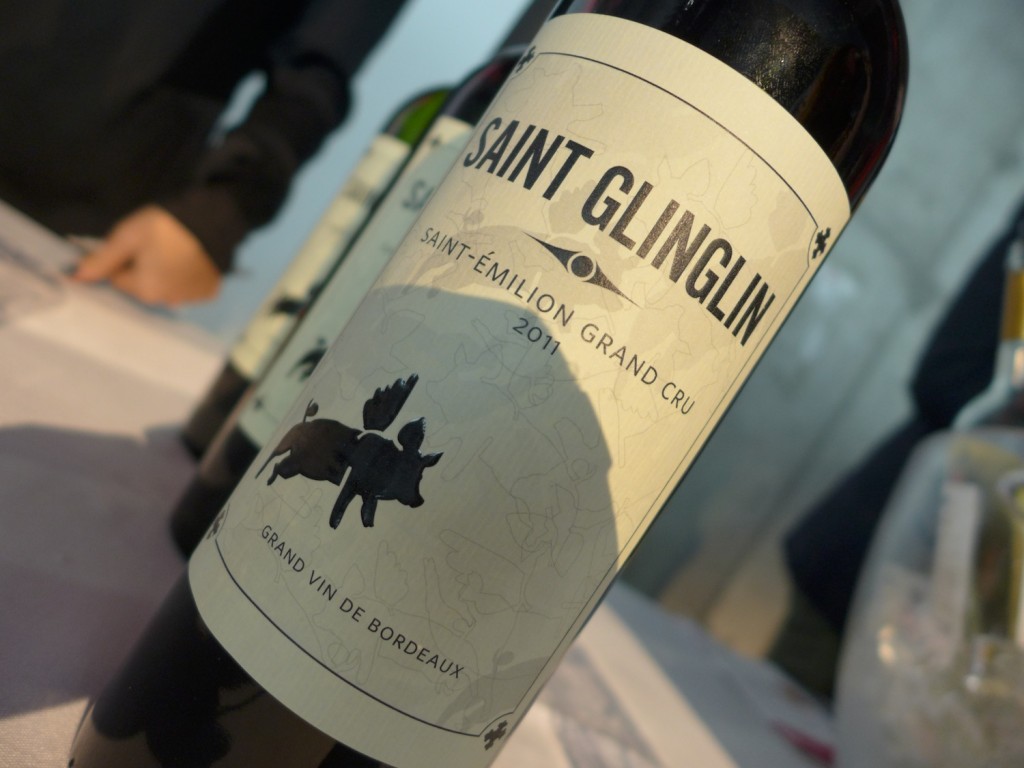
![120114_riesling_global_RZ [1600x1200]](http://www.stuartpigott.de/wp-content/uploads/2013/11/120114_riesling_global_RZ-1600x12009.jpg)
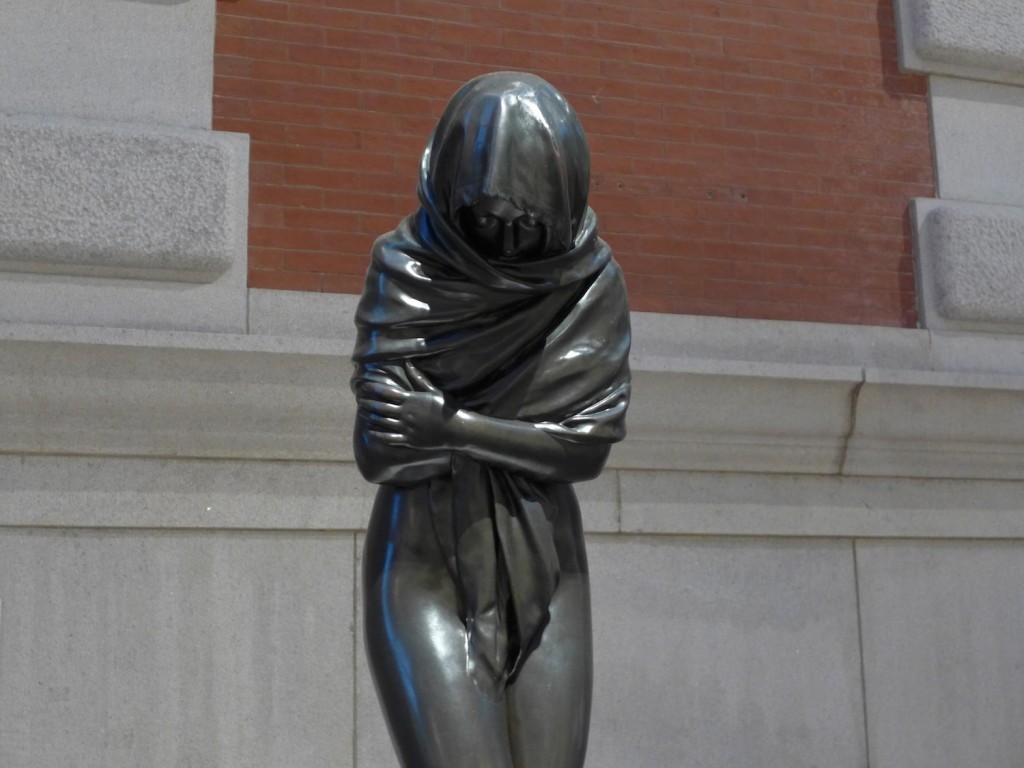
![120114_riesling_global_RZ [1600x1200]](http://www.stuartpigott.de/wp-content/uploads/2013/11/120114_riesling_global_RZ-1600x12008.jpg)
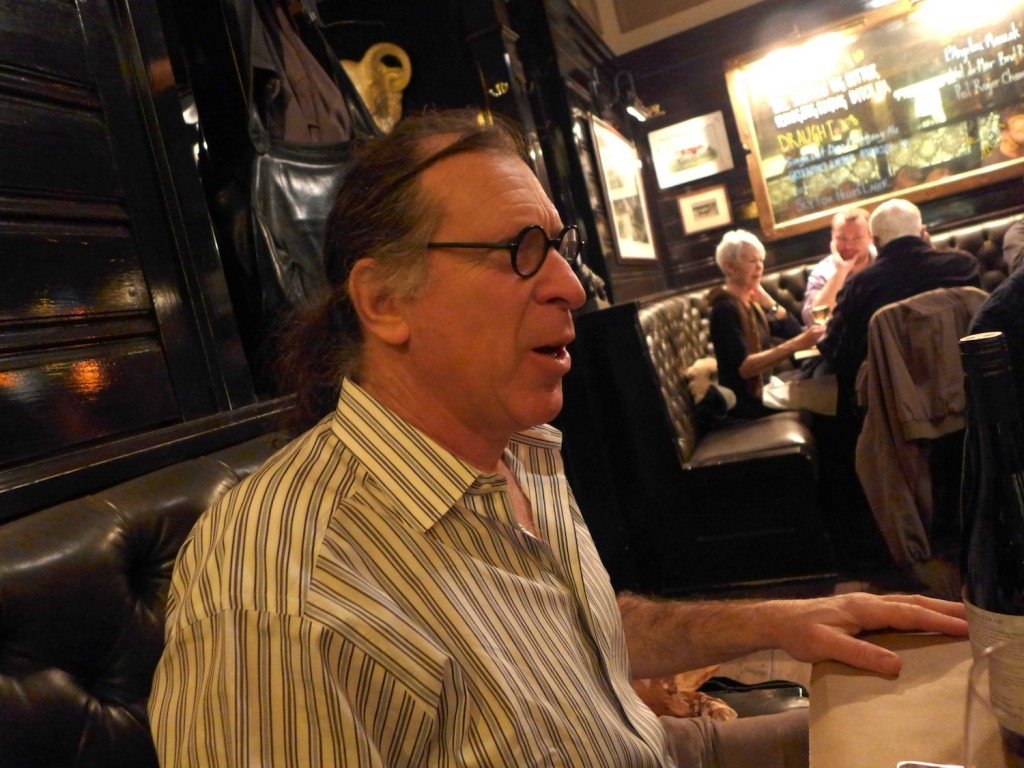
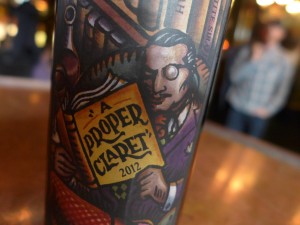
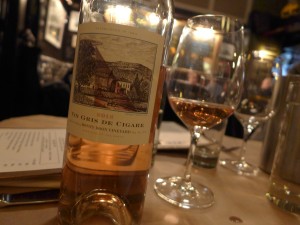
![120114_riesling_global_RZ [1600x1200]](http://www.stuartpigott.de/wp-content/uploads/2013/11/120114_riesling_global_RZ-1600x12007.jpg)
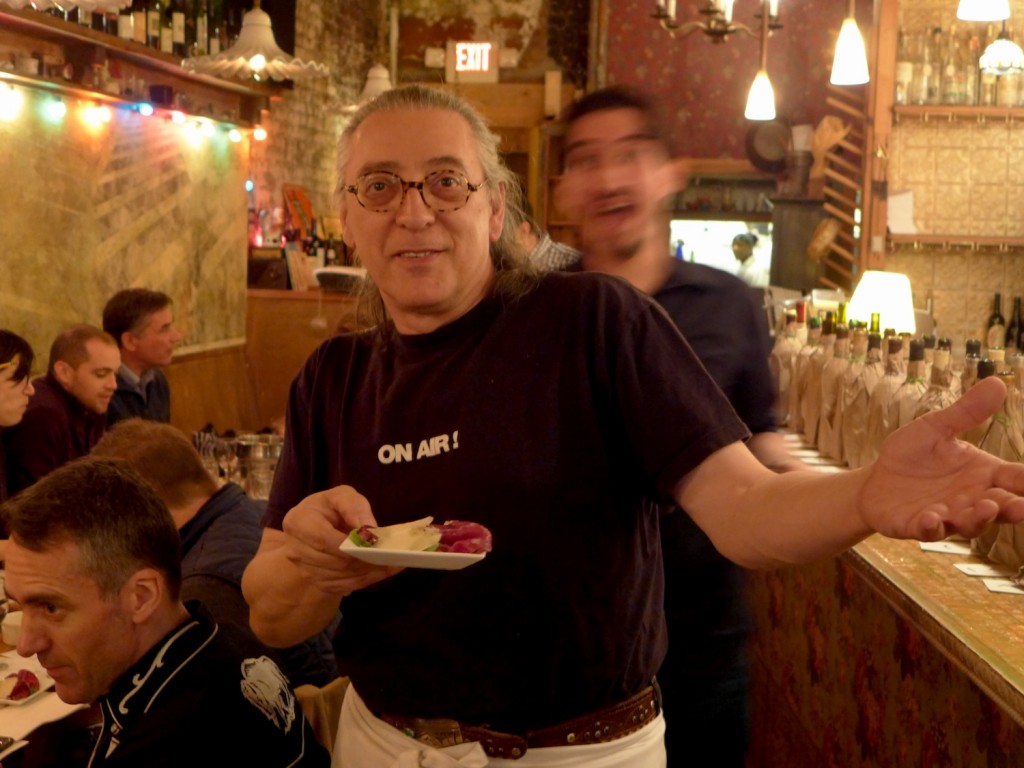
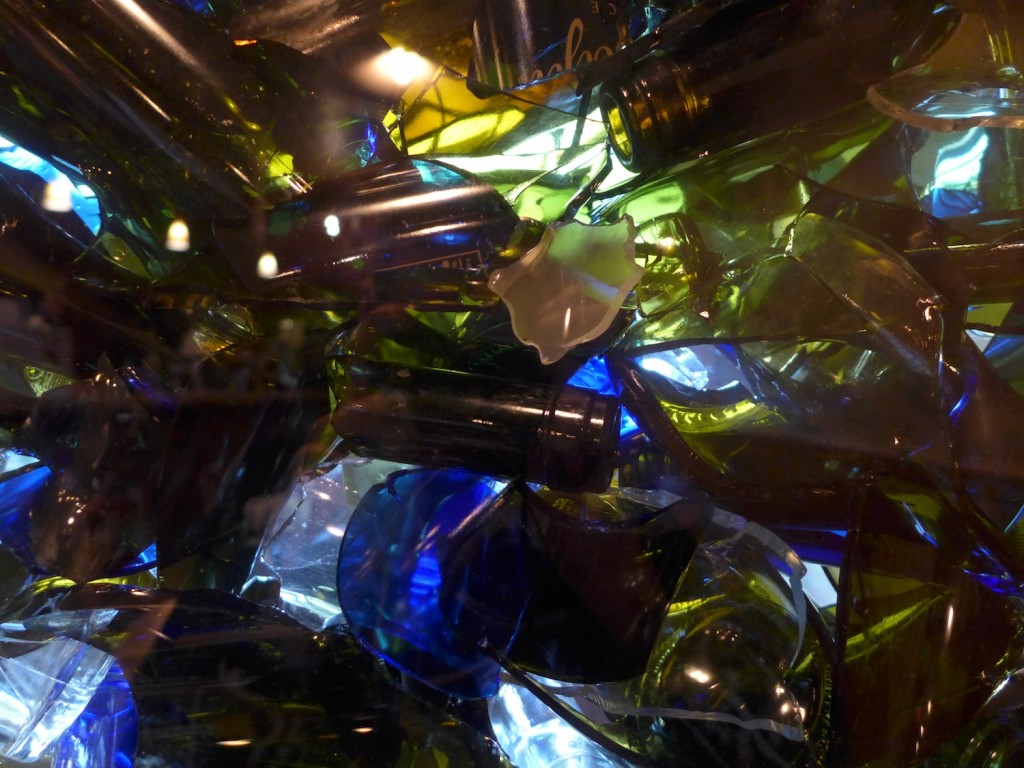
![120114_riesling_global_RZ [1600x1200]](http://www.stuartpigott.de/wp-content/uploads/2013/11/120114_riesling_global_RZ-1600x12006.jpg)

![120114_riesling_global_RZ [1600x1200]](http://www.stuartpigott.de/wp-content/uploads/2013/11/120114_riesling_global_RZ-1600x12005.jpg)
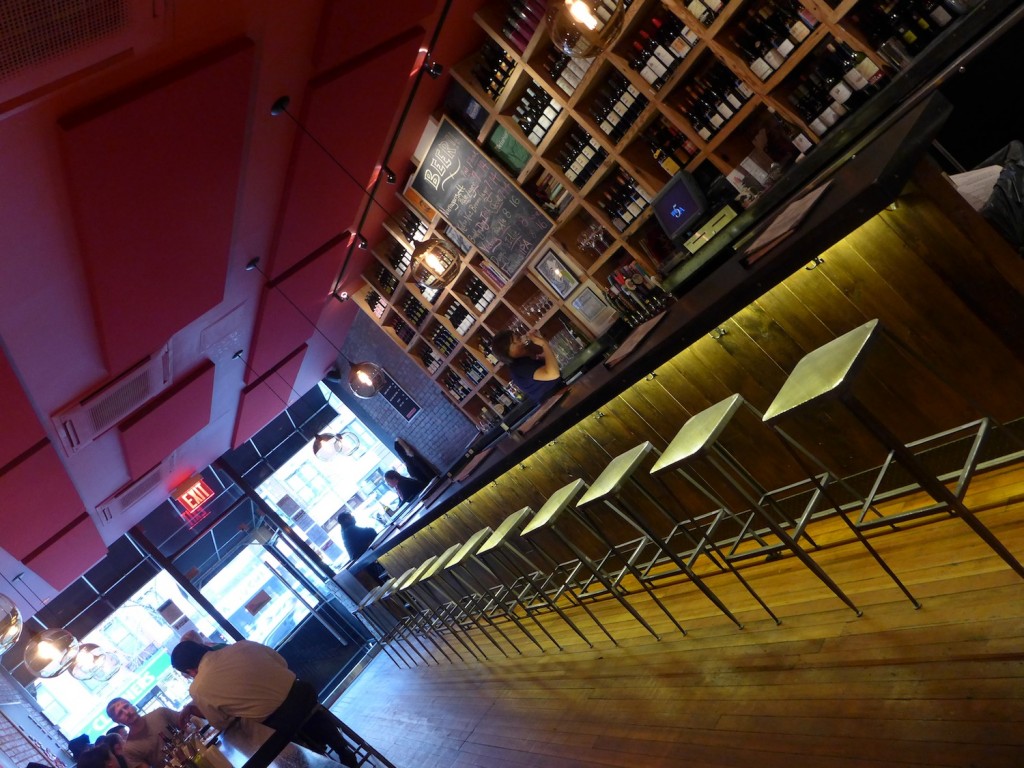
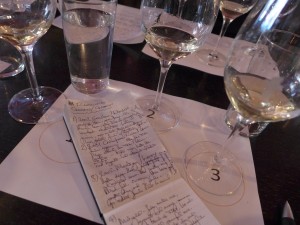
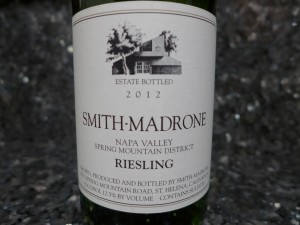
![120114_riesling_global_RZ [1600x1200]](http://www.stuartpigott.de/wp-content/uploads/2013/11/120114_riesling_global_RZ-1600x12004.jpg)


![120114_riesling_global_RZ [1600x1200]](http://www.stuartpigott.de/wp-content/uploads/2013/11/120114_riesling_global_RZ-1600x12003.jpg)
![P1050235 [1600x1200]](http://www.stuartpigott.de/wp-content/uploads/2013/11/P1050235-1600x1200-1024x569.jpg)
![120114_riesling_global_RZ [1600x1200]](http://www.stuartpigott.de/wp-content/uploads/2013/11/120114_riesling_global_RZ-1600x12002.jpg)
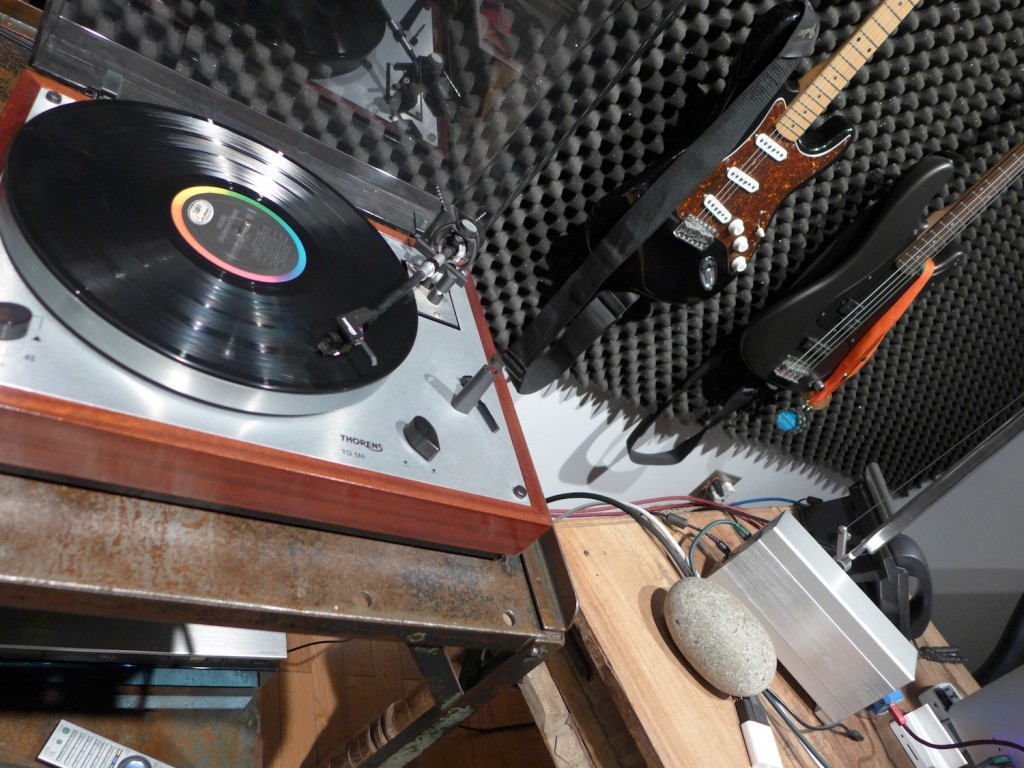
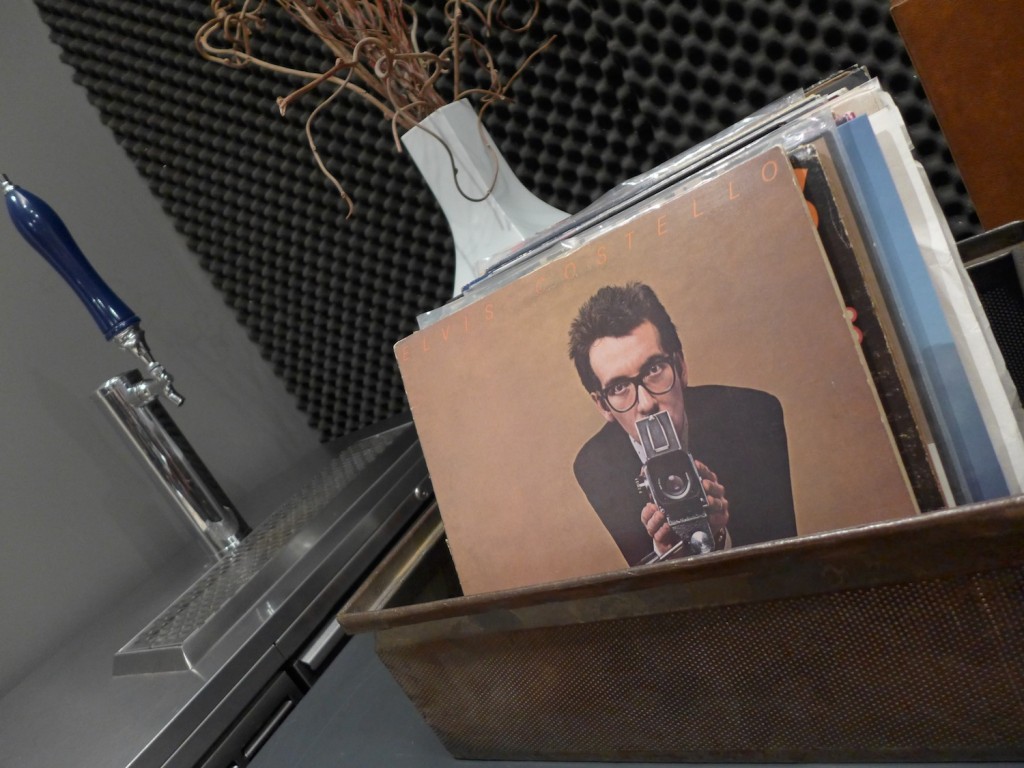
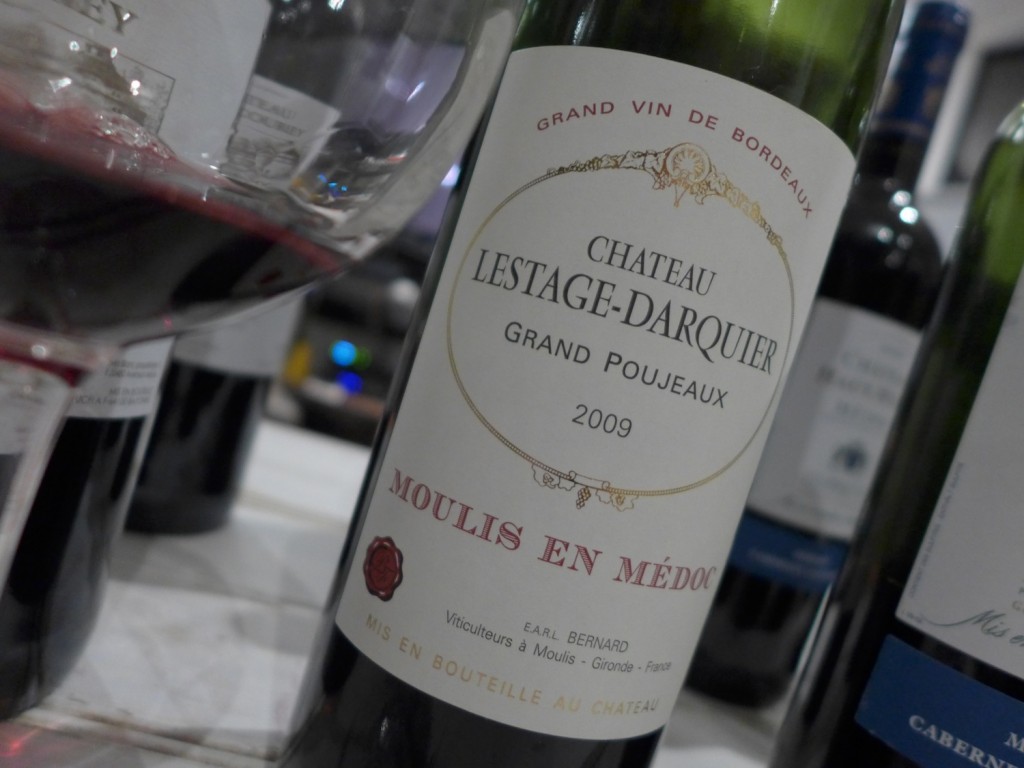
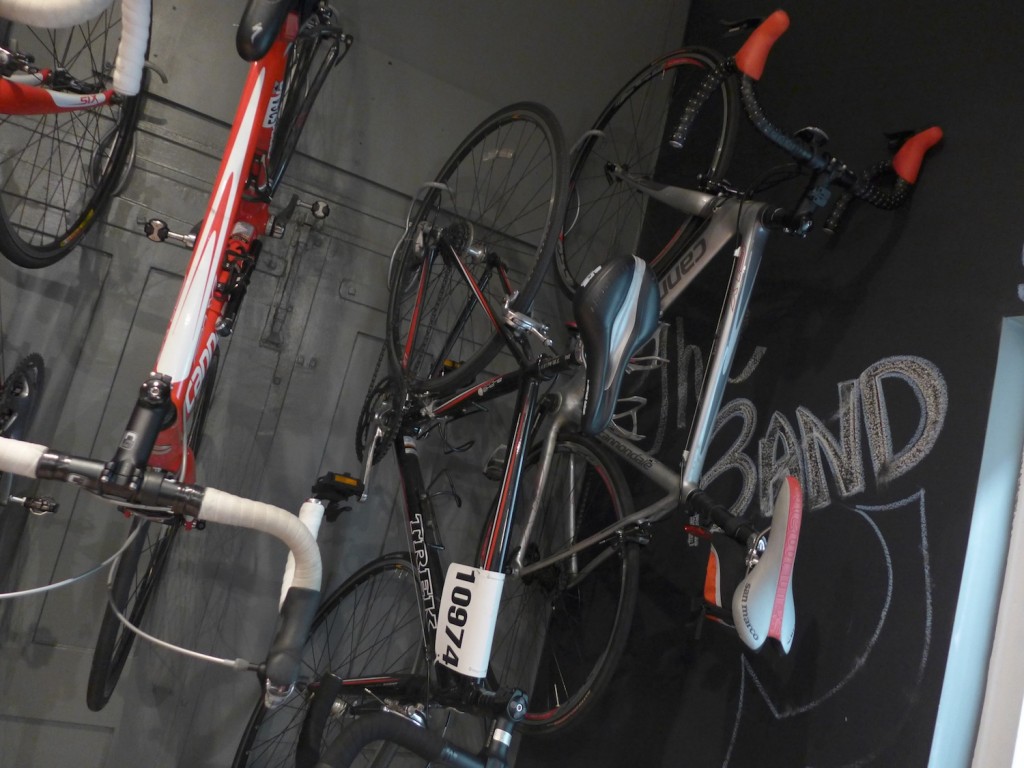
![120114_riesling_global_RZ [1600x1200]](http://www.stuartpigott.de/wp-content/uploads/2013/11/120114_riesling_global_RZ-1600x12001.jpg)

![120114_riesling_global_RZ [1600x1200]](http://www.stuartpigott.de/wp-content/uploads/2013/11/120114_riesling_global_RZ-1600x1200.jpg)